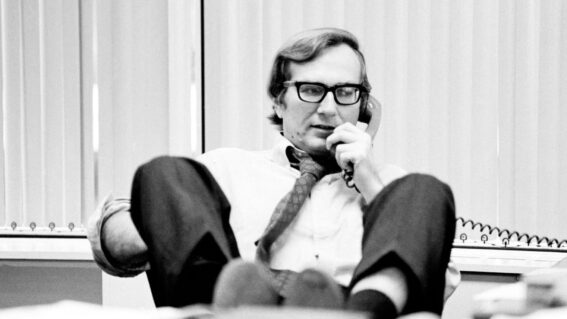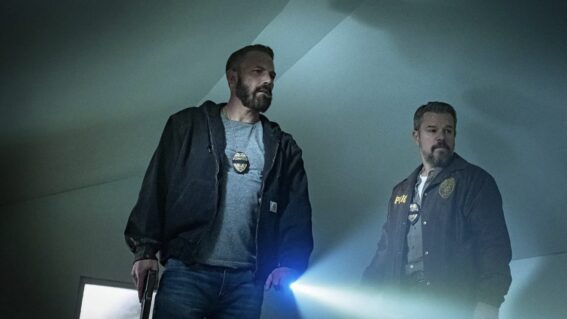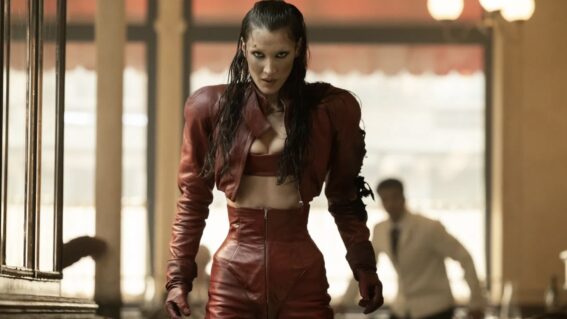Leo’s great streak playing complete losers continues in One Battle After Another
Funniest performance of the year continues a trend of entertaining stupidity and incompetence.
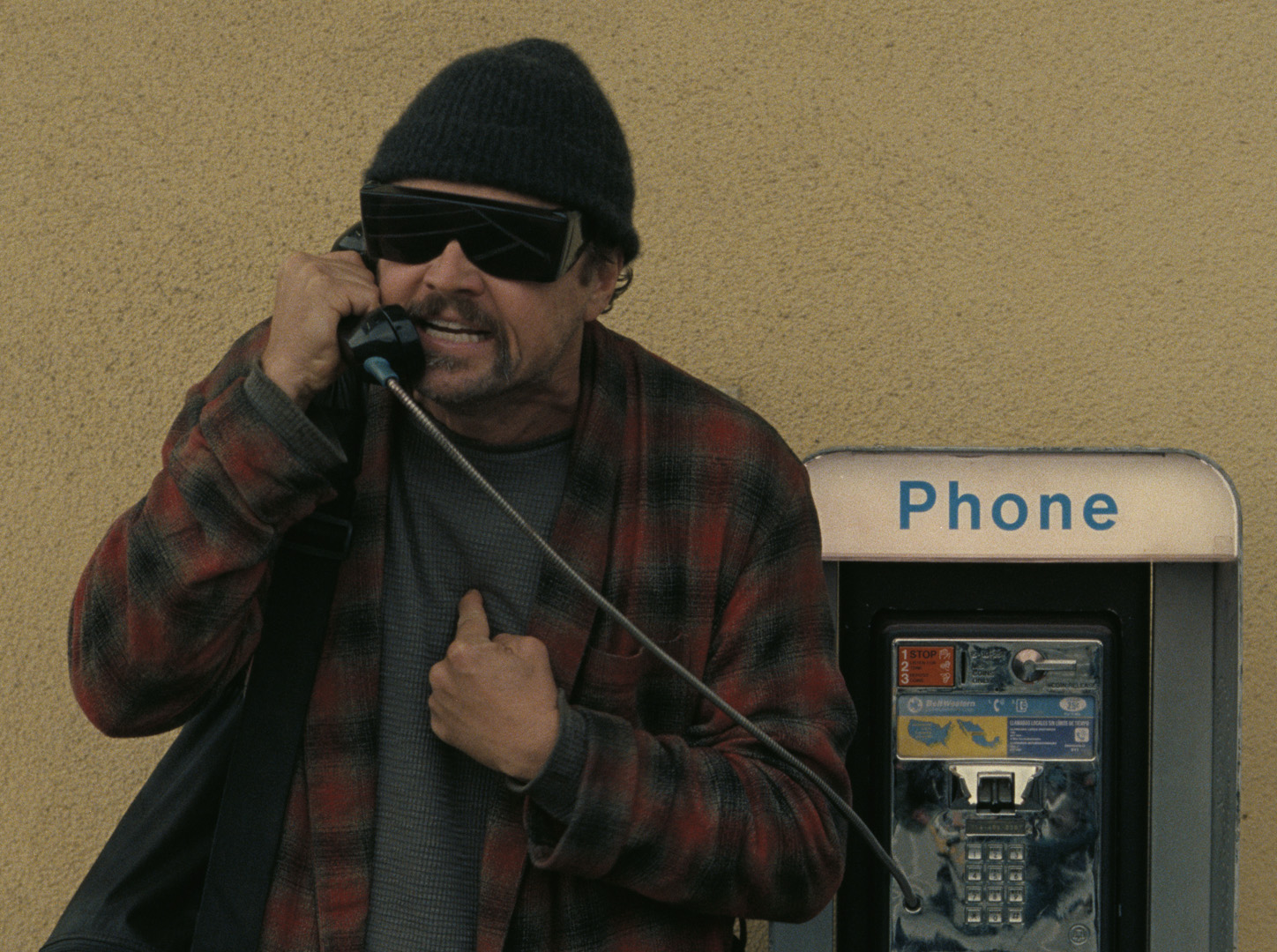
If you need your single dad to rescue you from a maniacal U.S. army colonel who’s fixated on resolving some beef that went down when you were a baby, you’d better hope your dad isn’t Bob Ferguson, the protagonist of One Battle After Another.
Bob, played with The Big Lebowski-tinged gusto by Leonardo DiCaprio, is a shambling, pitiful slacker and former revolutionary for Los Angeles-based group “the French 75”. Back then, he was “Ghetto Pat”, the explosives chief, but after his wife Perfidia (Teyana Taylor) had an ill-advised affair with the gurning, grunting, and fetishistic Colonel Lockjaw (Sean Penn), things spin out of control—and the chaotic and fatal fallout of the French 75 coincided with the birth of Perfidia and Bob’s daughter, Willa.
Sixteen years later, Bob smokes pot, swims in revolutionary nostalgia, and can’t set a good example for Willa (Chase Infiniti) to save his life. Now, he has to save hers—Lockjaw has deployed his military taskforce to flush out father and daughter from their quiet Northern Californian town and make them disappear. It’s here that DiCaprio, apocryphally dubbed our last real movie star, takes the stage as the story’s strongest agitator—a livewire, hopeless, and perpetually moving agent of momentum driven by parental devotion and fear of failure.
It is the funniest performance of the year and a welcome evolution of an unmissable trend in the A-lister’s career: playing sad sack losers whose stupidity and incompetence threatens to collapse their whole life.
Director Paul Thomas Anderson’s latest is an unconventional but exhilarating mix of novelist Thomas Pynchon, the blackpilled neo-Western impulses of No Country for Old Men, and the free-wheeling, snowballing momentum that Anderson has shown a knack for across his 10-film, 30-year career. It’s worth noting this is Anderson’s most commercial project to date: with a price tag in the $150 million region and a significant IMAX rollout, the VistaVision-shot thriller, One Battle After Another has plenty of spectacle and sterling character writing to earn it effusive praise outside of Leo’s loserdom.
DiCaprio has always been an energetic performer—his young performances in Titanic, Romeo + Juliet, and Catch Me If You Can have a lively, infectious charm and bold, brash emotional spectrum. Even as he grappled with more mature dramatic material in the 2000s, there was a distinct lack of polish to the way he grappled with the turbulent trajectories and inner life of Howard Hughes in The Aviator, or a neglectful husband in Revolutionary Road, or a Bostonian “rat bastard” in The Departed.
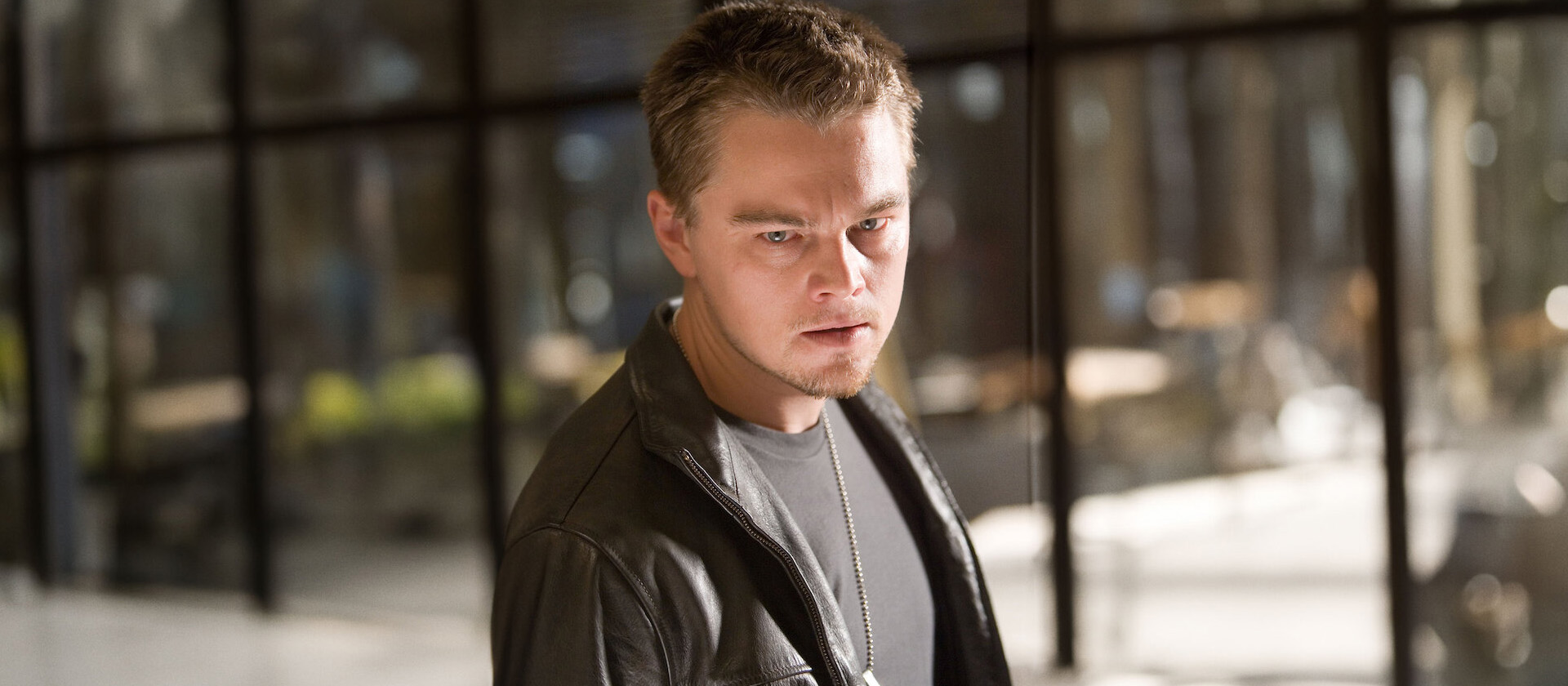
He won an Oscar for The Revenant, a serious period drama about grief and endurance, but by then had already tapped into his uncanny flair for smug, crass showmanship with Django Unchained and The Wolf of Wall Street. These loud and attention-grabbing lead roles are the clearest antecedents to his post-Oscar run of pathetic imbeciles.
Once Upon a Time in Hollywood, Killers of the Flower Moon, and now One Battle After Another—for the most famous actor alive to exclusively play idiots who keep crying and getting their shit rocked shows a desire for a wealthy, scrutinised celebrity to disguise himself (or reveal himself) as a hubristic moron. Between dwindling ‘60s talent like Rick Dalton, or the dim-witted Osage murderer Ernest Burkhart, and now a washed-up pothead soldier in a thoroughly-quashed revolution, this pathetic trend of leading men is probably his true calling.
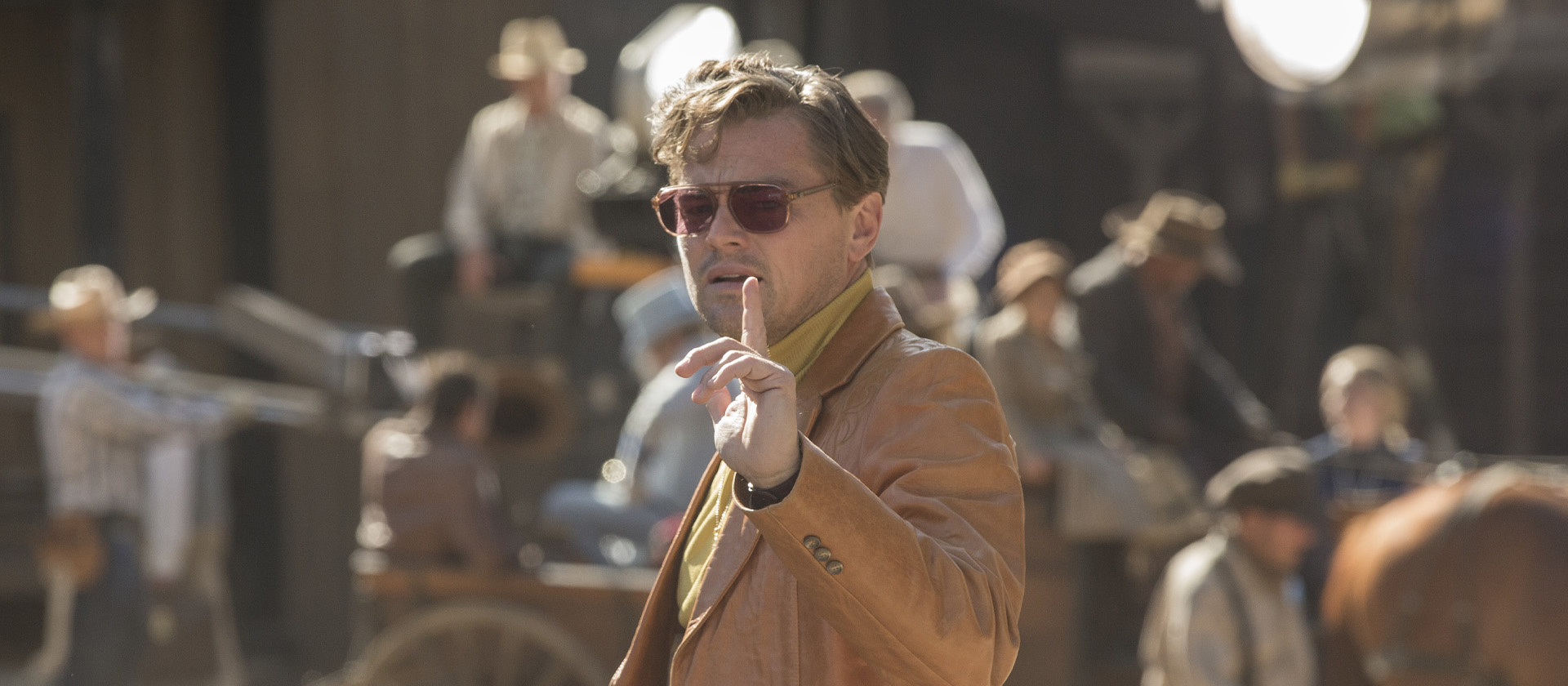
Bob Ferguson’s inability to achieve his heroic aims is staggering, telegraphed in three desperate phone calls to a cell of remnant revolutionaries, where he cannot remember the codewords that prove his identity. Bob is reduced to repeating his name over and over again and screaming insults at the operator, an understandable stickler for protocol. Running down secret tunnels, searching for a place to charge his 1G cellphone, and wailing into the receiver like a boomer yelling at a retail employee, Bob only has himself to blame.
Delaying his rendezvous with his daughter injects Bob’s quest with a self-loathing, pitiable sadness that worsens with the physical injuries he keeps suffering, like he’s attempting a slacker Buster Keaton routine. Bob shares little of the moral vacuum that characterises Ernest in Flower Moon, but they share a directionless stupidity, like sheep who need the shepherd, and an ineptitude that’s often shocking. Watching Bob weep at how his outdated and faded skillset has jeopardised his mission recalls the many moments where Rick Dalton, constantly reminded of his uselessness in a changing industry, starts crashing out.
This sense of failure is exacerbated by the put-together partners that each of these losers have. The most chilling and disturbing of these is William Hale (Robert De Niro), who masterminds the serial murders in Osage Indian territory to steal oil rights, which is a far cry from the brutish macho swagger of stuntman Cliff Booth (Brad Pitt), a man of few words who acts as the cool but volatile mirror to Dalton in a Hollywood that no longer sees them as dependable.
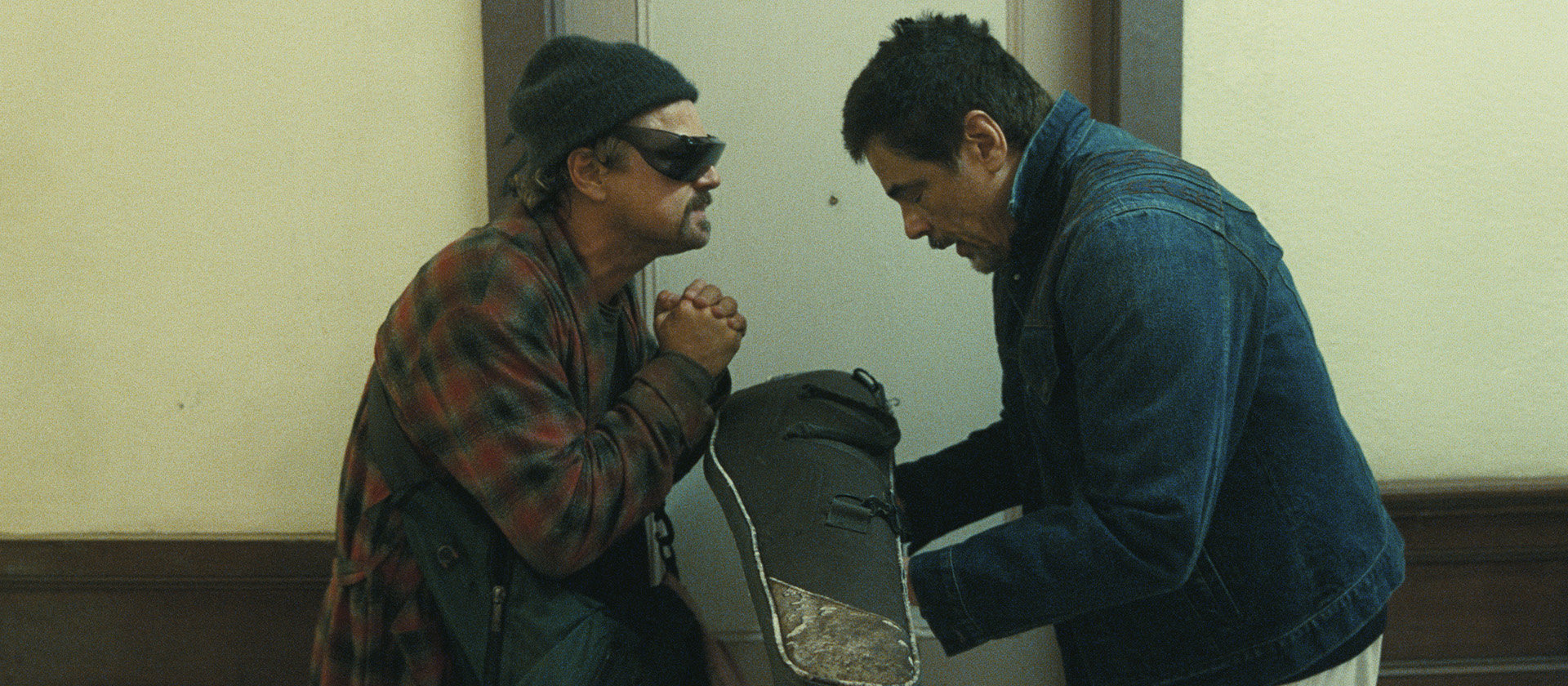
At multiple points in One Battle After Another, Bob is aided by karate sensei and community leader Sergio (Benicio Del Toro), who takes a break from protecting undocumented migrants from Lockjaw’s goons to save Bob’s ass and send him on the right path.
With unflinching focus and poise, Sergio tries to instil a mantra of “no fear” in the petrified Bob; Sergio is a guiding light on his own path who is capable enough to extend a helping hand to his partner in the struggle against oppression. The contrast between the pair is delicious; when Bob escapes custody and clambers into Sergio’s getaway car, his wounded puppy eyes and humble gratitude are juxtaposed with the eccentric, unruffled Sergio making them take a celebratory selfie.
By this point in his celebrity career, DiCaprio is inseparable from the memes and rumours about his lifestyle, not to mention subject to serious criticism about his political contradictions. Perhaps DiCaprio is self-consciously expressing a degree of chaos and failure that he won’t reveal in his tightly controlled personal life. No matter what is driving him to play losers, it’s working. Watching the movie star’s A-list buffoonery light up the screen, you privately hope that, if the medium is saturated with impervious, lifeless superheroes, maybe losers like these will save cinema.











